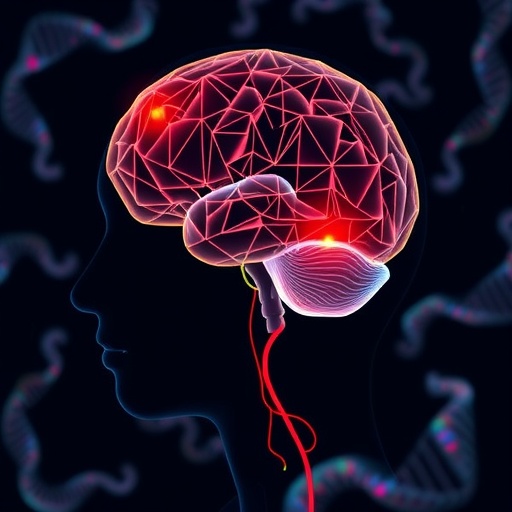
The quest to understand Parkinson’s disease (PD), a neurodegenerative disorder characterized by motor dysfunction and a range of non-motor symptoms, has long captivated researchers worldwide. However, the genetic facets of this ailment remain poorly elucidated, particularly c






